
The AIgorythm project
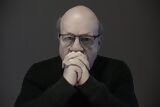
Playwright and actor
Novelist

Writer and poet

Volleyball player

Italian-Peruvian naturalist and geographer

Singer and percussionist

Last Inca emperor

Politician, former prime Minister

Journalist and TV host
Poet

Inca warrior
Actor and comedian

Biophysicist

Poet

Doctor and researcher
Businessman, Interbank group

Journalist and writer
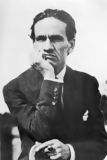
Poet and writer
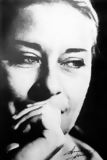
Singer and songwriter
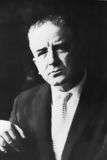
Writer

Film director, Berlin Golden Bear winner

Football player
Writer and journalist
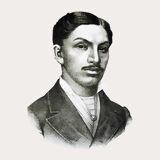
Doctor and scientist

Photograph

Chess player

Industrialist
Former general

Specialist in public health

Actress and singer

Afro-Peruvian music singer

Mathematician and engineer

Indigenous chronicler

Neurologist and anthropologist

Painter

Football player
National hero, military leader

Intellectual and reformer

Chef and entrepreneur

Fashion designer

Singer-songwriter

TV presenter

Marathon runner

Indigenous Peruvian chronicler

Theologian

Former national team captain

Economist and former health minister

Inca princess

Writer and television host

Folk musician

Poet and guerrilla
Former UN secretary-general

Chef, known for fusion cuisine

Football player

Peruvian aviation pioneer

Poet and artist
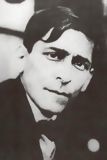
Marxist philosopher and writer

Industrialist and businessman
Novelist and ethnologist

Painter and muralist

Opera tenor

Fashion designer

Cardinal of Lima

Peruvian tennis player

Football coach

Leader of the indigenous rebellion
Military hero

Latin singer
War of the Pacific hero

The youngest mother in history

Politician
Creole music singer

Tennis player
Musician

Writer and politician

Politician and founder of the Christian Democratic Party

Founder of Sodalitium Christianae Vitae

Archaeologist and anthropologist
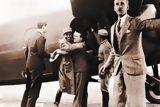
Military leader and politician

Television host
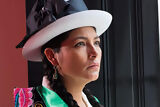
Actress and singer

Contemporary sculptor
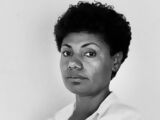
Women’s rights activist

Beauty queen

Astrophysicist

Heroine of independence
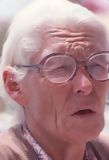
Mathematician and archaeologist

Historian and anthropologist
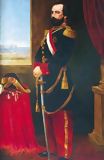
Military figure and historical figure

Fashion photographer
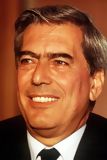
Writer, Nobel Prize in Literature, Politician

Revolutionary leader
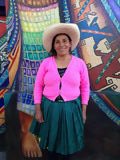
Environmental activist

Leader of the indigenous rebellion

Musician from Gaia band
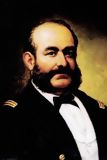
War hero
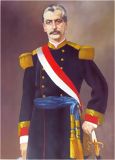
Military leader and politician

Chef, known for Nikkei cuisine

Volleyball coach and former player

Environmental activist

Television personality

Writer
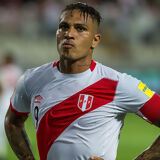
Football player

Epidemiologist and former health Minister

Inventor and aerospace pioneer

Soldier and inventor
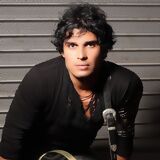
Rock singer

Chef and co-owner of Central restaurant

Painter

Football player

TV presenter and actress
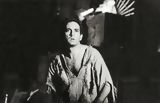
Actor
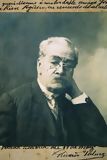
Writer and historian

Journalist and lawyer

Archaeologist, founder of Caral site
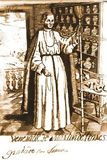
Monk and Saint
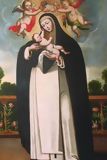
Saint, patron of Latin America

Physicist and engineer

World champion surfer

Actress

Oncologist
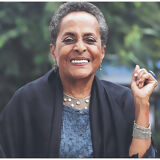
Singer, Latin Grammy winner

Former mayor of Lima

Singer

Actress

Former football player

Painter
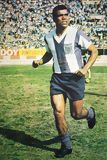
Former football player

Painter

Inca leader

Archbishop, saint
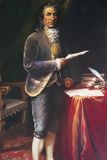
Leader of the indigenous rebellion

Revolutionary indigenous leader

Diplomat and intellectual

Sculptor and painter
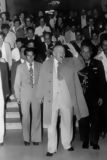
Political leader, founder of APRA

Lawyer and Former prime minister

Chef of Central restaurant
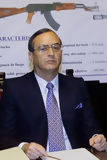
Former head of secret services

Popular singer

Fashion designer

Exotic music singer
Víctor Andrés Belaunde was born on December 15, 1883, in Arequipa, Peru. He was a renowned Peruvian diplomat, academic, and politician, known for his work in international relations and his contribution to Latin American history and culture. Belaunde had a notable diplomatic career, standing out as Peru's representative to the United Nations and as a professor at prestigious universities both in Peru and abroad. Throughout his life, he advocated for dialogue among nations and promoted greater international cooperation, becoming a key figure in Peruvian diplomacy.
Belaunde came from an aristocratic family and was educated in Lima's finest schools before attending the National University of San Marcos. There, he specialized in philosophy and letters, earning his doctorate in 1904. His interest in history, philosophy, and politics led him to participate in numerous intellectual and political circles in Lima. At a young age, Belaunde was already involved in debates about the future of Peru and Latin America, marking the beginning of his career as a thinker and opinion leader.
Belaunde's diplomatic career began in 1920, when he was appointed as Peru's delegate to the Paris Peace Conference following World War I. His negotiation skills and vast knowledge of history and international politics earned him the respect of his diplomatic peers. Later, he represented Peru in several international conferences and served as ambassador to various countries in Latin America and Europe. His most significant achievement was his appointment as president of the United Nations General Assembly in 1959, where he made a lasting impact on the history of global diplomacy.
In addition to his diplomatic career, Víctor Andrés Belaunde was a distinguished academic. He taught at several universities in Peru, including the Pontifical Catholic University of Peru and the National University of San Marcos. He also served as a professor at international institutions, such as Yale University in the United States. Among his most important works is "La Realidad Nacional" (The National Reality), where he explored Peru's history and the peculiarities of its social and political development, highlighting the importance of understanding cultural roots to promote progress.
One of the most important moments in Belaunde's career was his participation as president of the United Nations General Assembly in 1959. It was the first time a Peruvian diplomat held such a position, and during his presidency, he promoted the importance of multilateralism, dialogue between nations, and the peaceful resolution of conflicts. Belaunde used his position to advocate for developing countries and to strengthen international cooperation in areas such as sustainable development and human rights, helping to build bridges between different regions of the world.
Víctor Andrés Belaunde passed away on December 14, 1966, in New York, leaving an indelible legacy in diplomacy and academia. His work helped lay the foundations for the study of international relations in Latin America, and he remains a reference for Peruvian diplomats and scholars. In his honor, the Peruvian government created the "Order of Víctor Andrés Belaunde," awarded to diplomats and intellectuals who have contributed to the development of international relations and the promotion of peace.
Víctor Andrés Belaunde is remembered as one of the greatest intellectuals and diplomats Peru has ever known. His work, both on the international stage and in academia, left a profound mark on the history of the country and the region. Belaunde was a staunch advocate of dialogue and international cooperation, and his work continues to be studied and admired by those interested in international relations and Latin American politics. Through his writings and diplomatic career, he helped shape a more integrated vision of Peru in the world, leaving a legacy that endures to this day.